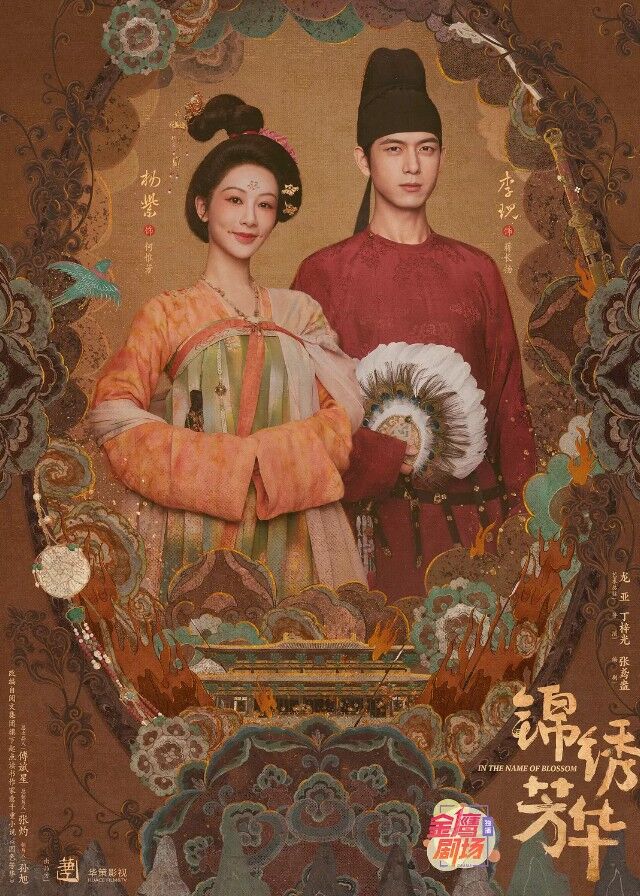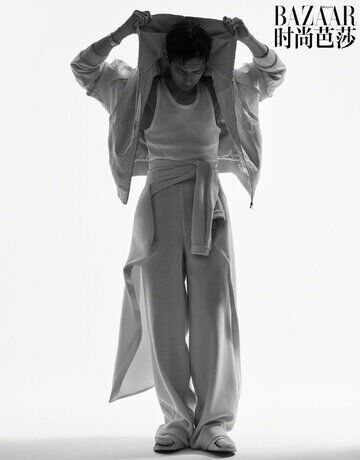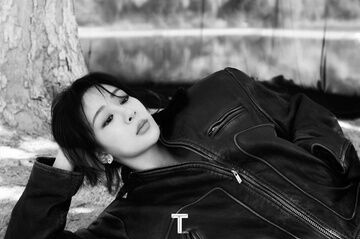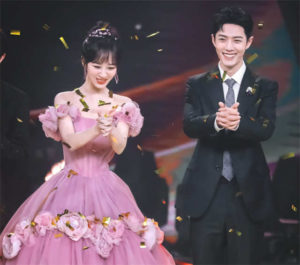In the Name of Blossom Episode 8 Recap
> In the Name of Blossom Recap
After water bandits were apprehended and questioned about the fire at Fragrance Garden, they claimed they stole fire oil and hid one jar before setting the fire. They accused County Princess Ji An (Li Youzhen) of hiring them. The Emperor was initially skeptical, noting that Li Youzhen, a lady of the inner chambers, wouldn't understand fire oil, suggesting the bandits were framing her after stealing the oil.
However, Jiang Zhangyang pointed out that with only 50 barrels of fire oil remaining, it was hard to know the original quantity or if the bandits had accomplices, which could put the capital in danger. The Emperor ordered the Ministry of Justice and Dali Temple to investigate thoroughly, including the oil's provenance, handling, and potential accomplices, as well as any other hidden dangerous items. Suddenly, Li Youzhen confessed to setting the fire, stating there was no need for further investigation.
She claimed she was driven to irrationality and sought revenge because her husband was caring for his ex-wife. She admitted to stealing fire oil from her father's treasury and sending people to burn the garden. She expressed regret and fear that her mistake would tarnish her father's reputation, begging for the Emperor's forgiveness. Jiang Zhangyang accused her and Liu Chang of repeatedly targeting him, suggesting it was due to envy of his relationship with He Weifang and their prosperity.
He appealed to Prince Ning for support. Prince Ning assured him he would provide a proper explanation. The Emperor declared that even a prince is subject to the law and that Li Youzhen's actions warranted punishment to appease public anger. Jingzhao Governor was instructed to handle it according to the law, noting that intentional arson typically warranted three years of penal servitude and 2,000 li exile.
Considering her voluntary confession, the Emperor suggested a lighter, private punishment within the palace to maintain royal dignity and provide the people an explanation. Jiang Zhangyang expressed satisfaction with this resolution. Prince Ning promised to send funds for repairing the garden the next day. He Weifang encountered Li Youzhen shortly after her punishment. She observed that the fire had left a mark, much like Li Youzhen was now marked by her punishment, noting the interesting nature of karmic cycles.
Li Youzhen retorted that she was a County Princess and her status allowed her to speak to He Weifang any way she pleased, warning that she could still endanger He Weifang in the future. He Weifang reminded Li Youzhen that she knew He Weifang had no feelings for Liu Chang since their time in Luoyang and questioned why Li Youzhen continued to plot harm against her.
Li Youzhen accused He Weifang of causing her inability to bear children and Liu Chang's indifference, claiming He Weifang's continued existence was a sin because Liu Chang couldn't forget her. He Weifang countered that innocent people were also harmed. Li Youzhen dismissed common people as insignificant "ants." He Weifang argued that Li Youzhen's luxurious lifestyle depended on the labor of these ordinary people.
She questioned if Li Youzhen felt sorrow for becoming a "bloodstained monster" consumed by obsession for someone who didn't love her. Li Youzhen defended her actions as necessary for love and mentioned her own difficult past. He Weifang discussed the hardships women face, being treated as pawns or playthings, and the lack of choice many endure. She suggested that when women "do" have a choice, they should live for themselves and not make things difficult for each other.
She advised Li Youzhen to take care of herself, stop harming others and herself, suggesting the world offered more than just one person to love or one thing to seek. Later, Fu helped He Weifang pack her belongings. Fu lamented Jiang Zhangyang's supposed heartlessness, believing he had gotten engaged to someone else shortly after her marriage and had driven her away despite her helping him earn money.
He Weifang defended Jiang Zhangyang, stating he didn't drive her away and that she chose to leave herself. She told Fu that Jiang Zhangyang was not heartless, recounting how he, despite fearing fire, risked his life to save the peonies for her. She explained that many things between them were understood only by them and that he was a good person often misunderstood by others.
Fu, finding the complexities of their relationship hard to grasp, trusted He Weifang's judgment and wished her well. He Weifang returned to Jiang Mansion to collect some forgotten items. She found Jiang Zhangyang with a Concubine Release Document. He explained he prepared it as a temporary measure for her safety, believing that the things he was currently involved in could implicate her, and the document would allow her to disengage and leave safely in the future.
He also clarified that he had no intention of marrying Xiao Xuexi, dismissing reports of an engagement as misunderstanding and having sent away the officials who came from the Palace Construction Department. He stated the courtyard would always be hers as long as the mansion stood. He Weifang, understanding the potential danger, tore up the document, implicitly declaring she would not leave and would face whatever came with him.
She told him she wasn't wronged by his actions and that at such a critical time, they needed to be more cautious together, as any trouble at the Jiang Mansion would be seized upon by Prince Ning. They agreed that since their "act" (presumably their ongoing pretense) must continue, they needed to be more careful and couldn't leave behind anything that might serve as evidence. Meanwhile, Prince Ning and Liu Chang discussed Jiang Zhangyang.
Some who had investigated Jiang Zhangyang reported him as someone only interested in seeking pleasure and profit. Liu Chang was skeptical of this outward appearance, pointing out that Jiang Zhangyang's actions, such as the fire oil incident, whether intentional or not, had caused significant losses for Prince Ning by temporarily halting military production. Prince Ning agreed that despite appearances, this person must be investigated.
Liu Chang mentioned that the Princess Royal's guarantee prevented a full search of Jiang Mansion and attempts to place spies inside had failed. However, a former maid, Lian Zhou, who had spent time idly copying garden scenes and painting fans, created a fan painting depicting the Jiang Mansion.
The painting revealed a structural discrepancy between the east and west courtyards – a window on one side corresponded to a solid wall on the other, suggesting a possible secret chamber hidden underneath this wall. Liu Chang proposed investigating the mansion based on this clue. Later, Prince Ning visited Jiang Mansion, coinciding with the Emperor's visit.
Prince Ning brought several chests of puppet shows, claiming they were gifts for Jiang Zhangyang whom he heard enjoyed them, ostensibly for the Emperor's entertainment. He presented this while feigning a desire to retire and expressing loyalty to the Emperor, comparing his situation to Prime Minister Lv's fate. The Emperor, understanding Prince Ning's underlying intentions, played along, praising his help in managing state affairs and refusing to let him retire, emphasizing their brotherly bond.
During the banquet, Prince Ning asked for wine, claiming he heard the Jiang Mansion had fine hidden wine. When Jiang Zhangyang offered to retrieve it, Prince Ning insisted his own men find it, giving Liu Chang a signal. As Jiang Zhangyang played the guqin to entertain the Emperor and Prince Ning, Liu Chang led a group of men through the mansion, searching different areas based on the layout, specifically looking for the anomaly noted in the fan painting.
Liu Chang ordered the men to search thoroughly, even breaking open seemingly solid walls with an axe, despite the steward's objections about disturbing He Weifang nearby, potentially damaging imperial gifts, or the need for him to lead the way. While the search was underway, the Emperor commented on Jiang Zhangyang's improved guqin skills, noting a wrong note and wondering if it meant his skills were dulling or his heart was troubled.



























